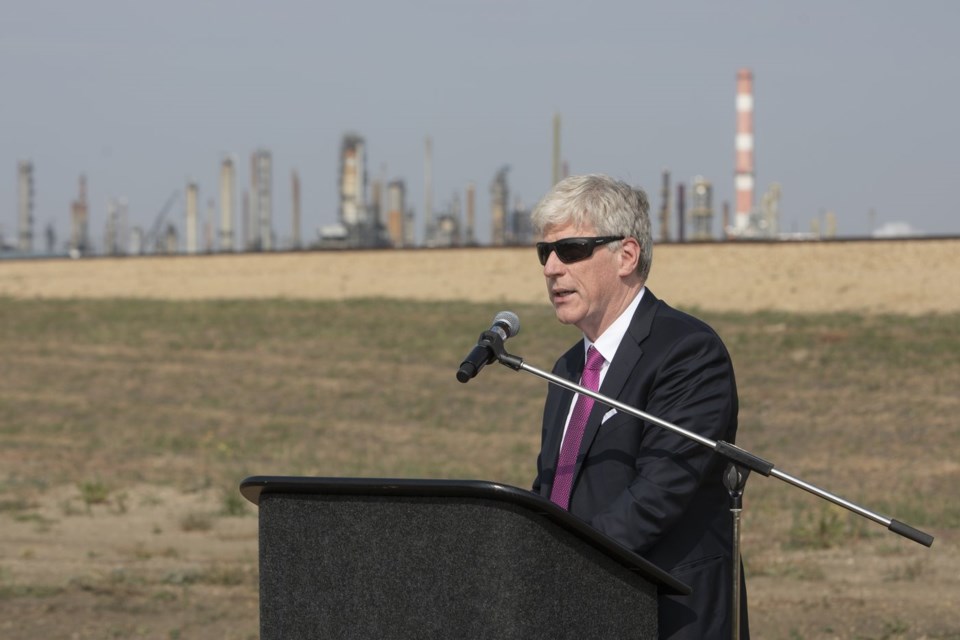The federal government is holding what Energy Minister Tim Hodgson called “productive” discussions with Alberta and the oil industry over the future of the oil and gas sector’s emissions cap — a policy that has long been a flashpoint between Ottawa and the province.
Speaking in Winnipeg on Friday, Hodgson declined to say whether the government intends to scrap the cap but stressed that all parties agree on the need to “fundamentally change the emissions intensity of the oilsands.” He said Prime Minister Mark Carney is “focused on results, not objectives” as the two sides work toward an agreement.
Alberta Premier Danielle Smith, who has repeatedly criticized the cap as one of the “biggest problems” facing her province, said she had an “exceptionally productive” meeting with Carney earlier this week. She argued that the cap creates a “chicken-and-egg” problem for new pipeline development, as producers won’t commit to shipping more barrels if regulations threaten to curtail production.
Smith said she is confident progress will be made before year’s end and suggested the federal government is open to rethinking the 2030 implementation timeline. “You can’t just put a policy in place with no plan on how to achieve it,” she said, warning that the current approach risks forcing production shut-ins and stalling new projects.
Ottawa last year announced plans to impose the cap to cut oil and gas emissions by 35 per cent from 2019 levels, arguing the sector — which accounts for a quarter of Canada’s greenhouse gas emissions — must play a central role in meeting climate targets. But the Carney government has already scaled back or delayed some climate policies, including cancelling the consumer carbon price and postponing the EV sales mandate.
Environmental groups are alarmed at the potential retreat. Greenpeace Canada’s Keith Stewart warned that weakening or scrapping the cap would be a “tragic mistake” that risks locking in high emissions at a time when wildfires are still devastating communities. “There is no way we can meet our international climate commitments without tackling that sector,” he said.

